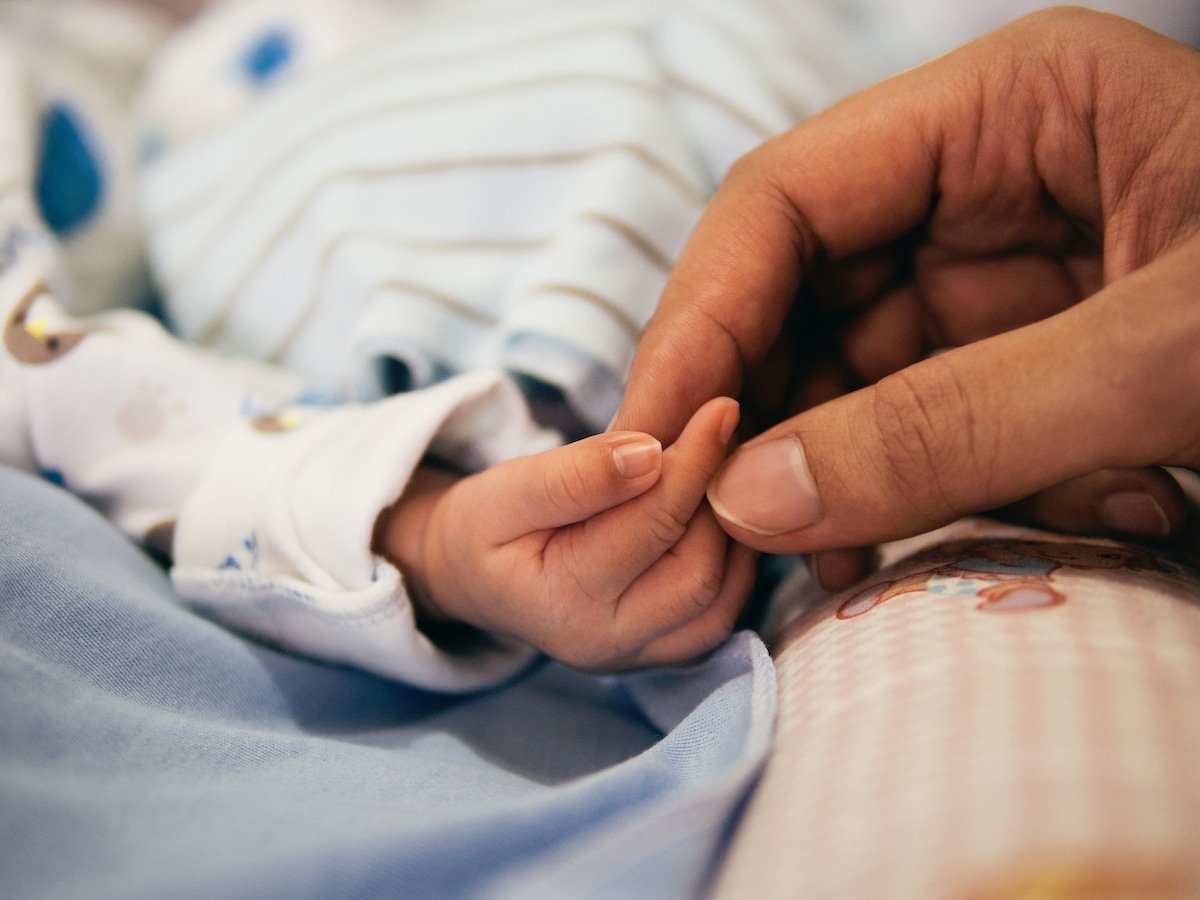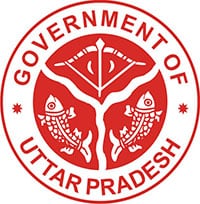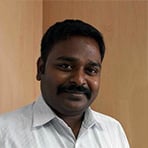
Case study

Case study
More women die from pregnancy or childbirth in India than any other country. To take on this crisis, the India Health Action Trust is working to make deliveries safer in primary health centers in rural India. They used Collect, our mobile data collection app, to monitor every aspect of maternal services.

India Health Action Trust

Government of Uttar Pradesh

Bill & Melinda Gates Foundation
Government
Philanthropy
Nonprofit
The Bill & Melinda Gates Foundation and India Health Action Trust (IHAT) are part of a Technical Support Unit (TSU) for the Government of Uttar Pradesh. One of the TSU’s primary goals is to improve the quality of reproductive and maternal health services in primary care centers across 150 blocks in the state. These 150 blocks were part of 25 high-priority districts identified by the Government of Uttar Pradesh. To achieve this, they wanted to monitor pregnant women during delivery at these facilities.
The TSU used Collect, our mobile data collection app, to monitor its primary health centers and conduct complex surveys to track pregnant women. These surveys lasted up to 28 hours and continuously tracked the clinical status and well-being of each woman.

Collect was so easy to use that I could focus my training on improving investigators' clinical skills and not worry about training on how to use the app.
M&E Specialist
India Health Action TrustWith everything from simple subjective questions to complex tabular questions, collecting comprehensive data was no problem.
Our simple web dashboard made creating a form as easy as writing an email. Admins could build a custom survey in no time.
Admins could set rules on numerical questions, geographic boundaries on GPS points, selection limits for multiple choice questions, and more.
Layers of skip logic made each form quicker and easier. Admins can choose to link together multiple questions, or even link entire forms.
The TSU's field staff were first-time smartphone users, but they had no trouble with Collect. Features like local language capability and an intuitive UI/UX made training a breeze.
Monitoring made it easy for different health workers to track data for the same patient. They just selected the patient from Collect’s repository, then updated her data.
Every woman’s pregnancy is different, so the survey had to be adaptive. The survey skipped to different questions or surveys based on data entered by health workers.
Internet is a huge challenge in rural Uttar Pradesh. In locations with no internet, data was saved to the phone’s local storage, then synced when internet was available.
The SocialCops team is dynamic and their responses are quick. Collect is great because of the people that are supporting the product.

M&E Specialist
India Health Action Trust